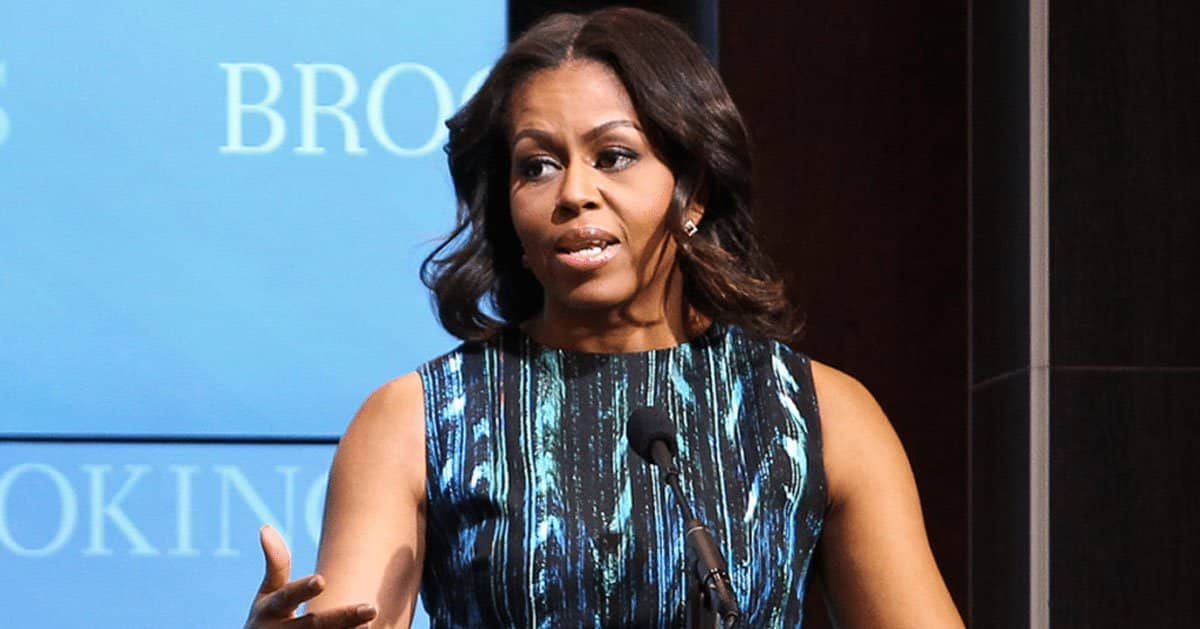







Senate Republicans are fed up with Democratic stalling tactics that have left President Trump’s nominees in limbo. With 149 sub-Cabinet picks gathering dust on the Senate calendar, the GOP is dusting off a Democratic idea from 2023 to streamline confirmations. It’s a clever move, but will it outsmart the opposition?
Fox News reported that Republicans are rallying behind a plan to confirm groups of lower-level nominees with a single “en bloc” vote, bypassing the usual Senate gridlock.
This approach, originally floated by Sens. Amy Klobuchar, Angus King, and former Sen. Ben Cardin, aims to clear the backlog before lawmakers skip town on Sept. 22. Senate Majority Leader John Thune called it a return to when “lower-level nominees were all voted en bloc, they were packaged, they were grouped.”
Thune’s nostalgia for smoother times highlights Democratic obstruction that’s unprecedented, with no Trump nominee clearing by unanimous consent or voice vote—a first in presidential history. He insists, “It’s got to be stopped.” But is this just Democrats playing to their progressive base, as Thune suggests, or a principled stand?
The GOP’s plan tweaks the 2023 Democratic proposal, potentially removing limits on how many nominees can be bundled together.
Unlike the original, which required bipartisan support, Republicans are eyeing a version that excludes judicial nominees to keep the focus on administrative roles. This sidesteps the “nuclear option” of slashing debate time, last used by Mitch McConnell in 2019.
Senate Majority Whip John Barrasso argues, “The Democrats should support it, because it was their original proposal.” His confidence is bold, but the idea that Democrats will embrace their own medicine seems optimistic when their base is cheering the blockade. Not every Democrat is fully on board with the resistance, though, creating cracks in their unity.
Sen. James Lankford, working with Thune and Barrasso, has been hammering out a consensus during the Senate’s recess.
He notes some Democrats privately admit the blockade sets a “precedent that is not sustainable.” Yet, their public posturing suggests they’re more worried about appeasing vocal progressives than fixing Senate dysfunction.
Lankford quotes Democrats saying, “My progressive base is screaming at me to fight however I want to.” This reveals a party caught between institutional duty and political pressure, choosing to grind the Senate to a halt. The GOP, sensing weakness, is ready to exploit it with a rule change that avoids the nuclear fallout.
Only Secretary of State Marco Rubio sailed through confirmation in January, leaving a pile-up of other nominees stuck without fast-track options like voice votes.
The growing list of 149 nominees underscores the urgency for Republicans to act before the Sept. 22 break. A senior GOP aide claims, “Democrats privately support what Republicans are talking about,” but fear public backlash.
The aide’s assertion that Democrats are “too afraid to admit” their support smells like wishful thinking. If true, it exposes a spineless streak in Democrats who’d rather play to the crowd than govern. Still, the GOP’s willingness to use a Democratic idea shows pragmatic cunning, not just partisan spite.
The last nuclear option in 2019, when McConnell cut debate time to two hours, set a precedent Republicans hope to avoid repeating. Going nuclear again risks escalating Senate warfare, but Democrats’ refusal to budge might force their hand. Lankford captures the frustration: “We feel stuck, I mean, literally.”
Not all Democrats are gleefully obstructing; some, like Sen. John Fetterman, call the blanket resistance “unhelpful.” He argues for opposing “big ones” like controversial nominees, not stalling every pick. His candor suggests a rare willingness to prioritize function over faction, but he’s likely in the minority.
Klobuchar, who co-sponsored the original 2023 proposal, now distances herself, claiming it was meant to pass with bipartisan votes.
She blames Trump for “flaunting the law,” implying his actions justify the blockade. Her pivot feels like a convenient dodge, given her past support for streamlining confirmations.
The GOP’s push to revive a Democratic idea is a calculated jab at their opponents’ hypocrisy. If Democrats reject their own proposal, they risk looking petty; if they support it, they alienate their base. It’s a political trap wrapped in a practical solution.
Republicans have spent the week in closed-door talks, signaling serious intent to move before the Sept. 22 deadline. Their version of en bloc voting could clear the backlog without torching Senate norms, but only if they can rally enough support. The clock is ticking, and the Senate’s dysfunction is on full display.
With 149 nominees waiting, the GOP’s plan is a lifeline for Trump’s agenda, but it’s also a test of whether the Senate can still function.
Democrats’ blockade may energize their base, but it risks cementing a legacy of gridlock. Will they fight for “basic considerations,” as Fetterman puts it, or keep playing to the progressive gallery?



